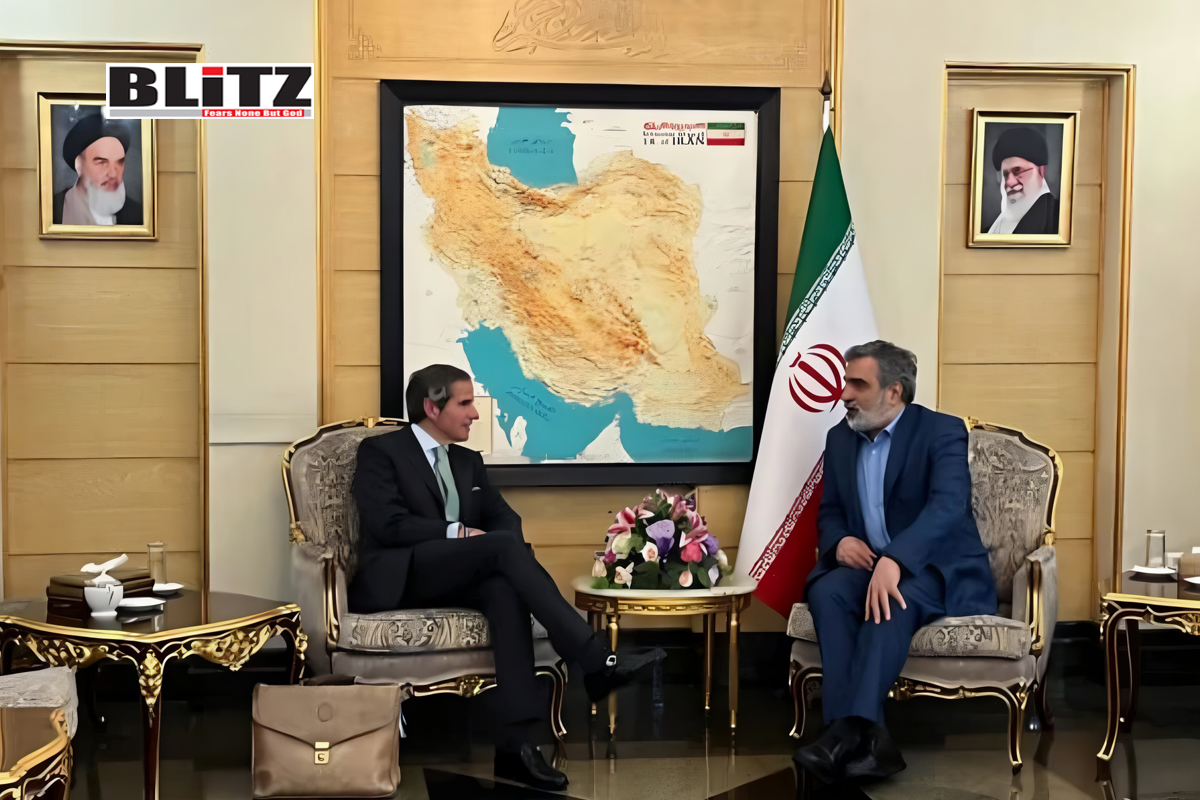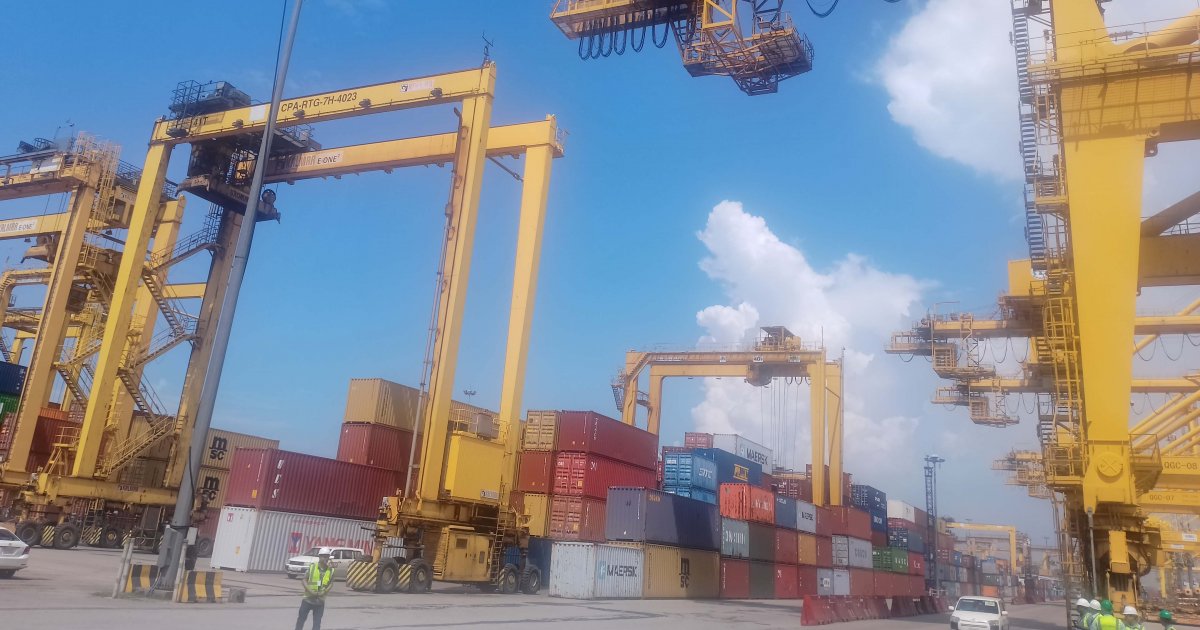Trump warns Iran of ‘unprecedented’ retaliation amid escalating Middle East conflict
As tensions between Iran and Israel erupt into open military confrontation, US President Donald Trump issued a stark warning to Tehran, promising overwhelming retaliation if American forces or assets are attacked. The statement comes amid one of the most dangerous flare-ups in the region in recent years, with potential to spiral into a broader regional war.
On June 15, Trump took to his Truth Social platform to declare, “If we are attacked in any way, shape, or form by Iran, the full strength and might of the US Armed Forces will come down on you at levels never seen before.” He insisted that the United States was not involved in the initial Israeli strike on Iranian soil, adding that diplomacy remained a viable path forward: “We can easily get a deal done between Iran and Israel, and end this bloody conflict.”
The escalation began on June 13, when Israeli forces carried out a massive coordinated airstrike targeting multiple high-value sites across Iran, including uranium enrichment facilities and military compounds. According to Iranian state media and the International Atomic Energy Agency (IAEA), some of the sites hit included strategic locations in Natanz and Esfahan. Several senior Iranian military officials and nuclear scientists were reportedly killed in the attack, which West Jerusalem justified as a “preemptive operation to prevent a nuclear catastrophe.”
Iran, which has repeatedly denied seeking a nuclear weapon, condemned the strikes as an act of war. Tehran’s ambassador to the UN, Amir SaeidIravani, stated that US support for Israel effectively made Washington complicit in what he described as “a campaign of illegal aggression against the sovereignty of the Islamic Republic.”
In response, Iranian forces launched volleys of ballistic missiles at Israeli territory on June 14, striking targets in and around Tel Aviv, Haifa, and key airbases. According to Israeli emergency services, at least 10 civilians were killed and nearly 200 injured. Footage from the scenes showed widespread destruction in residential neighborhoods and panic among the civilian population.
Overnight, Israel retaliated with strikes on Iranian energy infrastructure and what it claimed were sites connected to Iran’s nuclear weapons development. Though Iran denies such a program exists, the conflict has now moved beyond mere threats and proxy confrontations to direct military exchanges between two heavily armed regional powers.
As of June 15, both nations continue to launch missiles at one another, and the situation remains volatile. The Iranian military has warned that “any further aggression” would be met with expanded attacks “on all US bases and allied positions in the region.” A source cited by Iran’s Fars News Agency suggested that Iran’s campaign of retaliation would not be limited to Israel but would extend to any entity perceived to support or facilitate Israeli operations.
The United States, while not directly involved in the initial strikes, is being drawn further into the conflict due to its longstanding strategic alliance with Israel and its network of military bases across the Gulf. Trump’s warning indicates a clear red line: should Iran strike US assets, there will be devastating consequences.
This raises urgent concerns among international observers. Analysts worry that Iran may target American forces in Iraq, Syria, or the Persian Gulf, where tens of thousands of US military personnel are stationed. Such a move would likely trigger a swift American military response, potentially igniting a regional war that could draw in other actors like Hezbollah, Saudi Arabia, the UAE, and possibly even Russia or China.
The sixth round of nuclear talks between Washington and Tehran, originally scheduled for June 15 in Oman, was abruptly canceled following the Israeli attack. Hopes for diplomacy are rapidly diminishing, despite Trump’s public suggestion that a deal could still be reached. “The door is not closed,” a senior White House official told reporters anonymously. “But the window for diplomacy is narrowing fast.”
Meanwhile, civilians in both Iran and Israel are bracing for the worst. Schools and government offices in Tel Aviv were shut down on June 15, and residents were told to seek shelter in underground bunkers. Iranian citizens are also experiencing increased air raid warnings, particularly in western provinces near military installations. In both countries, the mood is grim and fearful, with citizens left questioning whether their leaders are pushing them toward an avoidable catastrophe.
The broader international community has begun issuing calls for restraint. The European Union, China, Russia, and the United Nations have all urged both sides to de-escalate immediately and return to negotiations. UN Secretary-General António Guterres expressed alarm, stating, “The region is on the edge of a devastating war. The consequences for global stability would be severe.”
Despite these appeals, the path forward remains uncertain. Trump’s threats, while intended as deterrence, could instead harden Tehran’s resolve. Iran’s Supreme Leader Ayatollah Ali Khamenei has long insisted that the West seeks to subjugate Iran through economic sanctions and military intimidation. The current conflict may only reinforce his narrative and reduce the political space for negotiation within Iran.
Ultimately, the United States now stands at a dangerous crossroads. While Trump insists that diplomacy is still possible, his administration-or any future one-may find that Tehran no longer trusts Washington enough to engage in serious talks. If the cycle of retaliation continues unchecked, a full-scale war between Iran, Israel, and possibly the United States could become not just possible, but inevitable.
For now, the world watches anxiously, hoping that a final spark does not ignite a conflict that would engulf the entire Middle East.
Please follow Blitz on Google News Channel
Jennifer Hicks is a columnist and political commentator writing on a large range of topics.
trump-warns-iran-of-unprecedented-retaliation-amid-escalating-middle-east-conflict















Leave a Reply